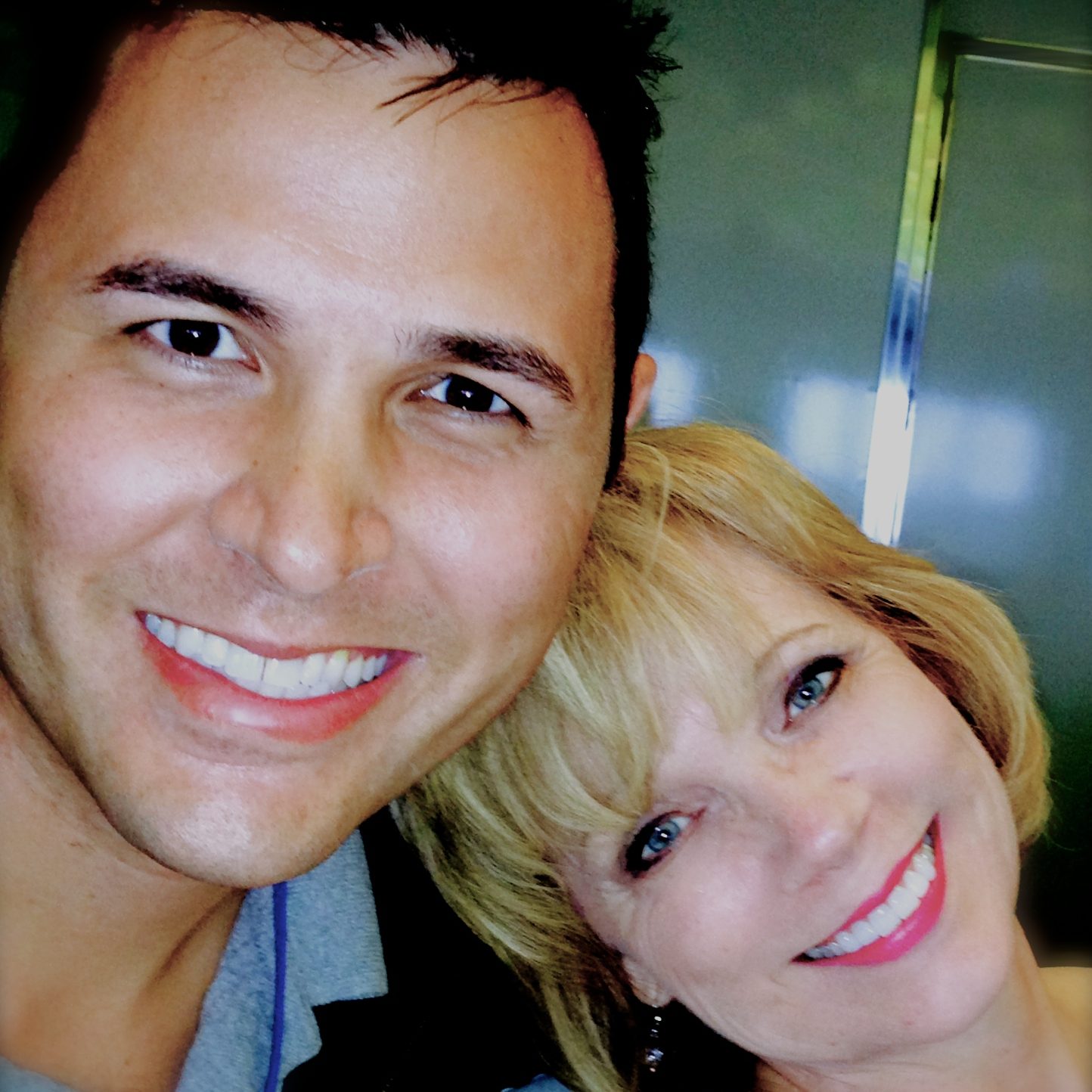My journey into caregiver began like many others. I didn’t know what aphasia was. I was terrified. I cried myself to sleep. My life – and certainly the life of my son – had changed overnight.
I happened on vacation. We’d gone to Las Vegas for three days – and we got home three months later. My little boy, only ten, could not speak, read, or write. He was paralysed on his right side. And he’d endured two brain surgeries.
That was nearly twenty years ago. We’ve learned a lot about aphasia since then.
One is that time and patience is your friend. We are all in a hurry for recovery – but it can take months and years. And you can’t give up. Some of David’s best recovery came during years 5-7. Those are years many people would have thought impossible. But – that is the truth.
Another lesson we learned is that there is a lot people can do to maximize recovery. Aphasia recovery isn’t like a heart attack – where a doctor may “fix” you. Aphasia requires the person with aphasia to get engaged — and do lot of therapy and therapuetic activities to keep working on recovery. Even when they want to give up. (Which will happen – and is normal.)
I also had a surprising lesson about two years into his recovery. I thought I was a very smart and dedicated caregiver. I thought I understood ways to communicate with David. Actually, I was pretty good.
Then – one day – a speech therapist offered a new technique – that included me in the training. She and David went into a room behind a two way mirror. I sat behind the mirror with another speech therapist and watched – in AMAZEMENT – at the ability of my son. With proper cues, visual support, multiple choice questions, and more – this therapist communicated with David fluidly and without frustration!
The therapist seated beside me – explained the tools being used to communicate with David. Even though I thought I was good – I realized that with practice and education- I, too, could learn these skills and enhance David’s participation in life and living.
David’s stroke was nearly twenty years ago. Today, we are authors – teaching others about the aphasia journey. What worked for us. What didn’t. He’s come a long way!
We were so very alone on our early journey. And isolated. We started the Aphasia Recovery Connection to help ease the loneliness of people with aphasia. If you haven’t visited us yet, we are the largest online support group for people with aphasia, their families, and related professionals.
We now do aphasia cruises, retreats, and Las Vegas Conferences. We are now aphasia experts – not because we are therapists – but because we have lived it. We know the agony. The grief. The anger. The fear. And we understand how very important a sense of connection really is.
The Road to Recovery is NOT easy. But we have to keeping walking – all of us – hand in hand. Supporting each other. Learning from one another. And hanging on to hope.

